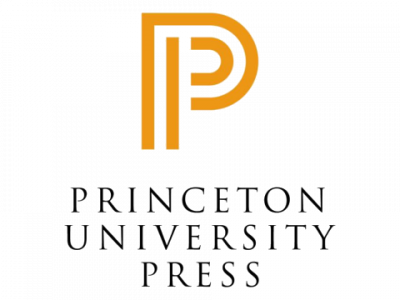Gorman Conference and Lectures 2022
Catch up on this year's lectures
Lecture 1: Economic Policy to Combat Climate Change
Lecture 2: Economic Policy to Combat Climate Change
Event Description
How can economic policy be used to address global warming? The first lecture will cover the basic natural-science background, collected into a set of important “stylized facts”. Taken together, these facts strongly suggest that we should limit the emissions of greenhouse gases significantly, but leave open how to best achieve this goal. The second lecture will address the “how” and argue that economic analysis offers very useful tools to this end. It will thus use these tools to compare the pros and cons of different kinds of policy suggestions and end with a discussion of the climate policy strategies adopted in the EU and in the U.S.
About the speaker
Per Krusell is the Torsten and Ragner Soderberg Chair in Economics at the Institute for International Economic Studies at the University of Stockholm. He is a Fellow of the Econometric Society and holds a PhD in Economics from the University of Minnesota. He was the President of the European Economic Association in 2020 and he is currently the Secretary of the Prize Committee for The Sveriges Riksbank Prize in Economic Sciences in Memory of Alfred Nobel. Per Krusell has made fundamental contributions to many areas of macroeconomics including incomplete markets and inequality, political economy and optimal policy making in dynamic models, labor, technological change, and macroeconomic aspects of climate change.
Established in 2001, the Gorman Lectures are sponsored by UCL and Princeton University Press in honour of the influential economist William Moore "Terence" Gorman.

The annual series features a different leading economist each year and has so far included; Eric Maskin, Dan McFadden, James Heckman, Avinash Dixit, Robert M. Townsend, Ken Binmore, Robert Hall, Jerry Hausman, Thomas Sargent, Pierre-Andre Chiappori, Jean Tirole and Torsten Persson. The lectures cover a range of sub-discipline in Economics and are usually produced in book form by the Princeton University Press after the event. A list of W M Gorman's publications can be found on the Trinity College Dublin website and more information about his life and achievements can be found on the Guardian webpage.
- 2010/11
- Speaker: Robert Townsend
- Lectures 1 & 2: Evaluation of Financial Systems in Developing Countries
- 2011/12
- Speaker: Jeremy Hausman
- Lectures 1 & 2: Heterogeneity, Consumer Behaviour and Welfare
- 2012/13
• Speaker: Thomas Sargent
• Lectures 1 & 2: Beneath and Beyond Demand and Supply Curves- 2013/14
• Speaker: Pierre-Andre Chiappori
• Lectures 1 & 2: Matching with Transfers- 2015/16
• Speaker: Jean Tirole (Toulouse School of Economics)
• Lectures 1 & 2: Intellectual Property and Public Policy- 2016/17
• Speaker: Eric Maskin (Harvard)
• Lecture 1: How Should Members of Parliament (and Congress) be Elected?
• Lecture 2: Elections and Strategic Voting- 2017/18
• Speaker: Torsten Persson (Stockholm University)
• Lectures 1 & 2: Political selection in Sweden: Facts, causes, and consequences- 2018/19
• Speaker: Claudia Goldin (Harvard)
• Lectures 1 & 2: A Long Road: Women's Quest for Career and Family
• Conference co-sponsored by CReAM and IFS (ESRC Centre) and co-organised by Uta Schönberg, Monica Costa Dias and Claudia Olivetti.- 2020/21
• Speaker: Daron Acemoglu (MIT)
• Lecture 1: Tasks, Automation and Labor Market
• Lecture 2: New Tasks, Good Automation and Bad Automation: Implications for the Future of Work
• Jointly organised by UCL Economics, IFS-Deaton Review and CReAM.Catch up with the recordings below:
Lecture 1
YouTube Widget Placeholderhttps://youtu.be/TxRd2VcRd-Q Lecture 2
YouTube Widget Placeholderhttps://youtu.be/wd_Dsl3zQ9s - 2021/22
• Speaker: Penny Goldberg
• Lecture 1: Informality and Development
• Lecture 2: Trade and Informality in the Presence of Labor Market Frictions and RegulationsCatch up with the recordings below:
Lecture 1
YouTube Widget Placeholderhttps://youtu.be/mVlij7bAeKA?list=PLGe-uW6ceqOWn5dkFKpkr9p98EI64c5K8 Lecture 2
YouTube Widget Placeholderhttps://youtu.be/MMRHvRgTRf4?list=PLGe-uW6ceqOWn5dkFKpkr9p98EI64c5K8
 Close
Close



